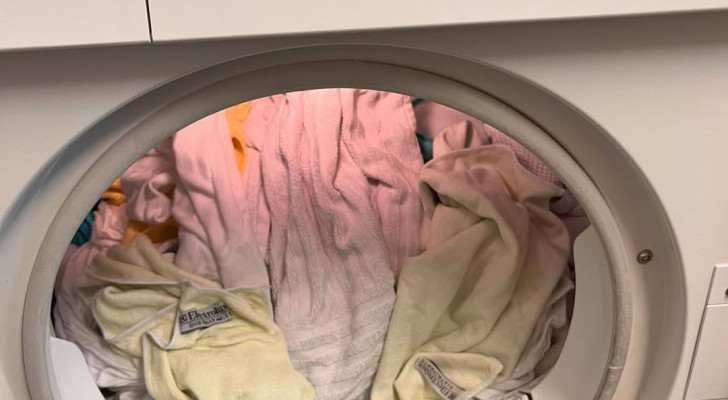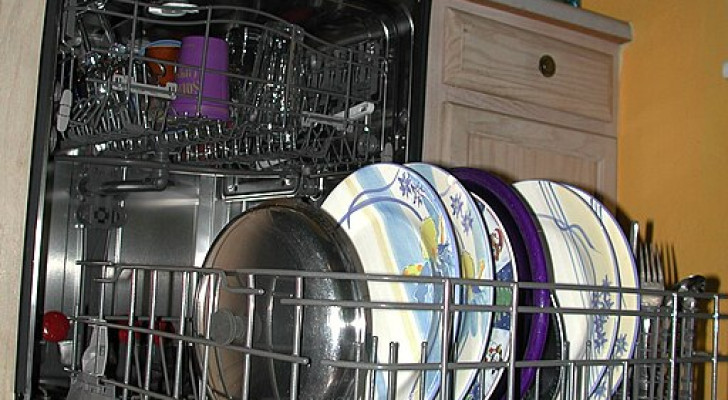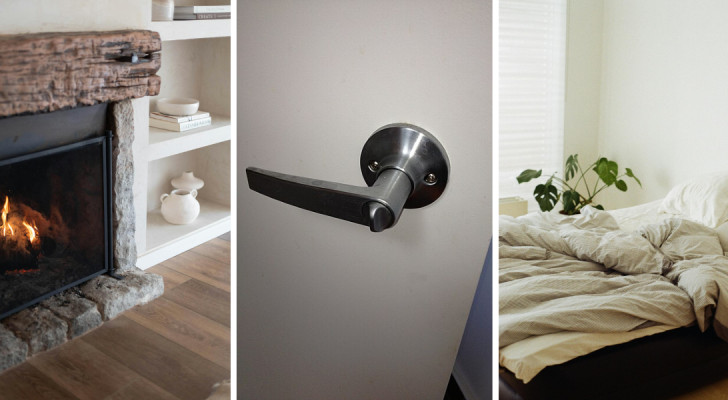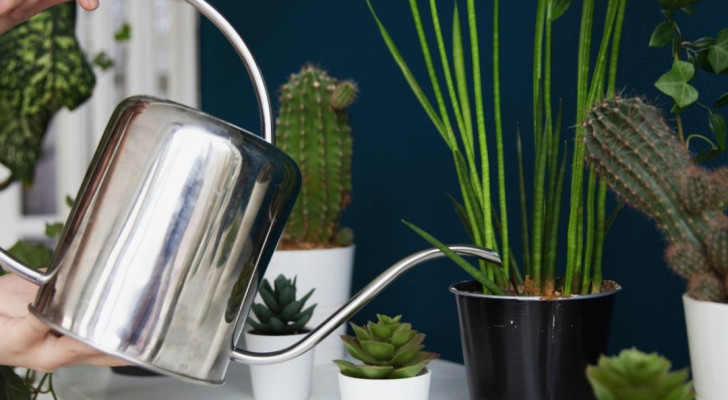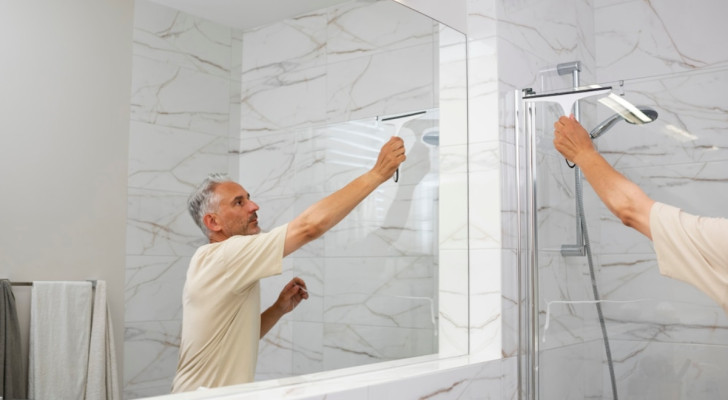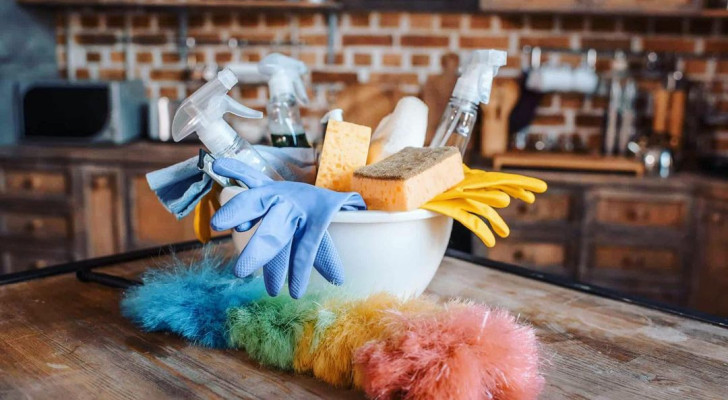Polluted air in the home? Here are the best ways to deal with this problem
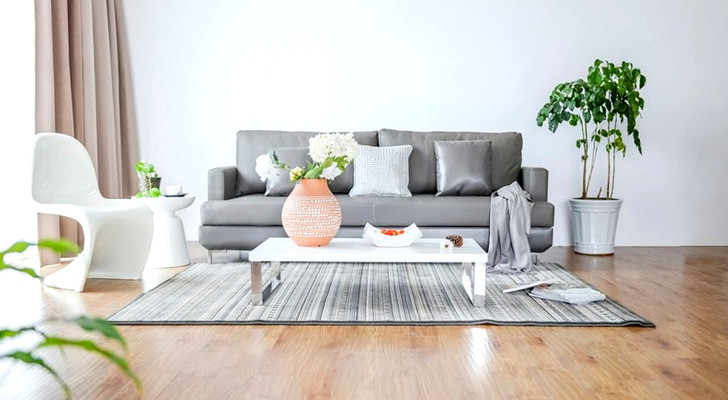
Air pollution may not be something we consider much when thinking about our lives indoors. But air pollution inside does occur and although it may not reach highly harmful levels, dealing with this issue is not something that should be ignored.
How do we eliminate internal air pollution? Well, try following these simple suggestions:
Where does air pollution in the home come from?
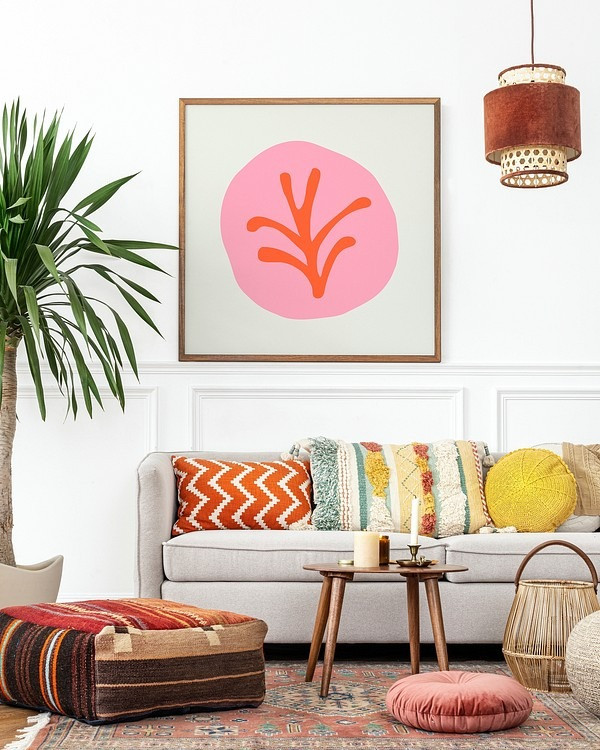
Rawpixel
"Home" air pollution mainly comes from the external air pollution which, particularly in the city, gets into the home. But the outside air is not the only cause and there are many other factors to consider.
Pets, smoking, dirt, dust, fabrics, gases: many objects and activities can pollute the air indoors.
Let's see what to do about this problem:
How can we prevent domestic pollution?

Ceyhun Özdemir/Pexels
There are several ways to kee the air in your home clean:
- Ventilation. It is true that external pollution enters through the windows, but it is also true that keeping windows closed does allow for proper air circulation and can increase the levels of dust, germs and bacteria in the air. Ensuring good ventilation - especially on nice days - is very important.
- Maintenance of appliances and gas pipes. This is not something we pay too much attention to, but the maintenance of everything in the house that we use on a daily basis is vital. Check the appliances, replace any gas pipes when they reach expiration date (usually stamped on the pipes), clean or change the filters of the oven and the air conditioners. Doing this, there will be no monoxide leaks or dust-clogged air filters.
- Smoking. Don't smoke inside. Cigarette smoke pollutes the environment and gets on walls, furniture and fabrics in the house. Our sense of smell gets used to the smell over time, but tobacco residue remains. The best thing to do is just give up this bad habit (or only smoke outside).
- Pets. Pets are great company, but their fur and the smells they give off can be annoying. So, keeping your pets clean and groomed is good for the home too.
- Humidity. Humidity encourages the growth of mold and bacteria (which put spores into the air). You can use dehumidifiers, for example, to maintain ideal levels of humidity in your home, improving air quality.
Other precautions
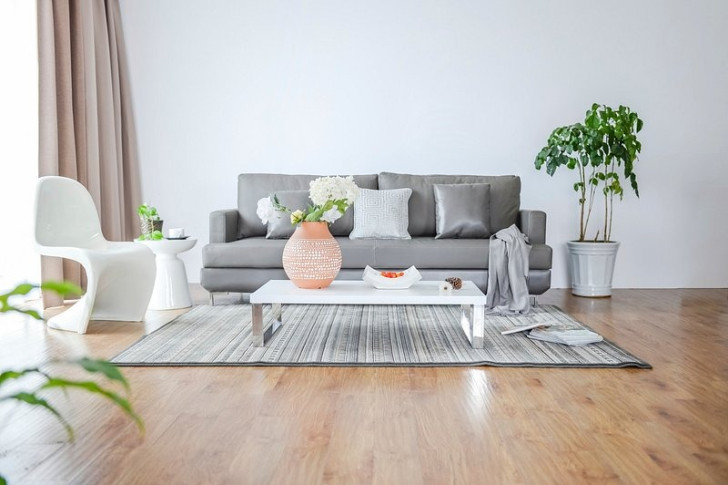
Rawpixel
Aside from the foregoing, there are other factors to consider:
- Cleaning. Fundamental to prevent the accumulation of dirt and dust, regularly vacuum and clean the floor, furniture, shelves and bathroom fixtures. In this way, the dirt that accumulates on the surfaces will not be transferred into the air.
- Rugs and carpets. These are often the cause of allergies and asthma, as they accumulate a lot of dust in the pile There are two solutions: remove them completely, or ensure they are regularly and properly cleaned.
- Perfumes, air fresheners and candles. Unpleasant odors should not be covered up, but should be eliminated. To this end, the use of candles, sprays and air freshners should not be used. The substances the products release into the air contribute significantly to its pollution levels.
- Cleaning products. Always keep the chemical products you use to clean the home properly sealed. The fumes that escape from these products are another "invisible" cause of air pollution inside the home.
Defeating air pollution
Air pollution in the home is just a fact of life, but air quality can be significantly improved by putting an air purifier in the home or a dehumidifier, and some plants which naturally clean the air. If our home is clean, tidy, free of fumes and humidity, our lungs will thank us!
So, get to work and defeat air pollution at home. Good luck!
